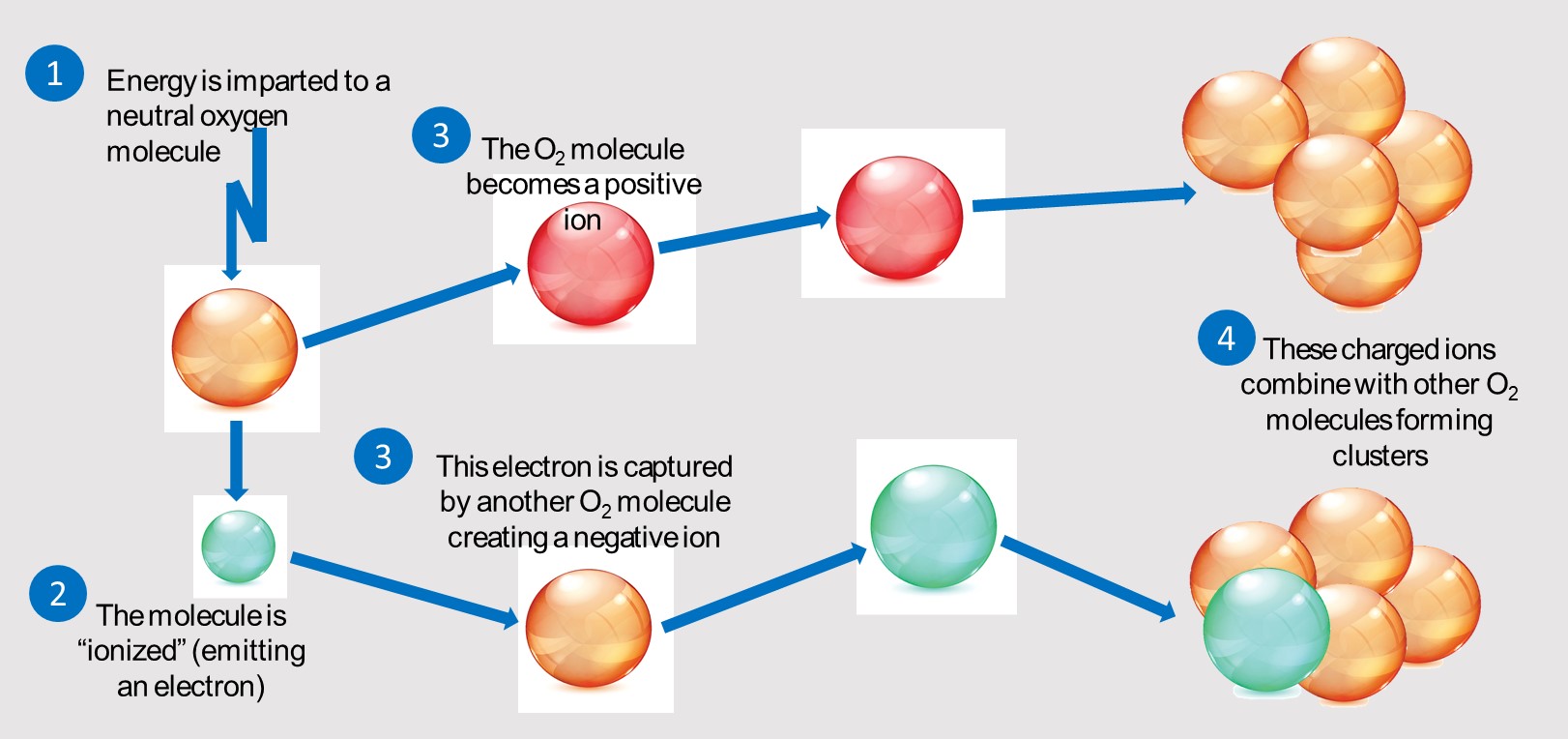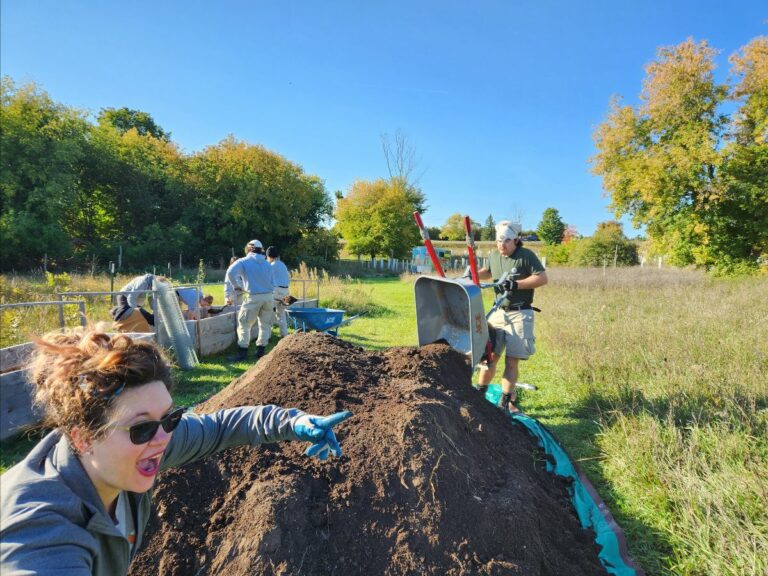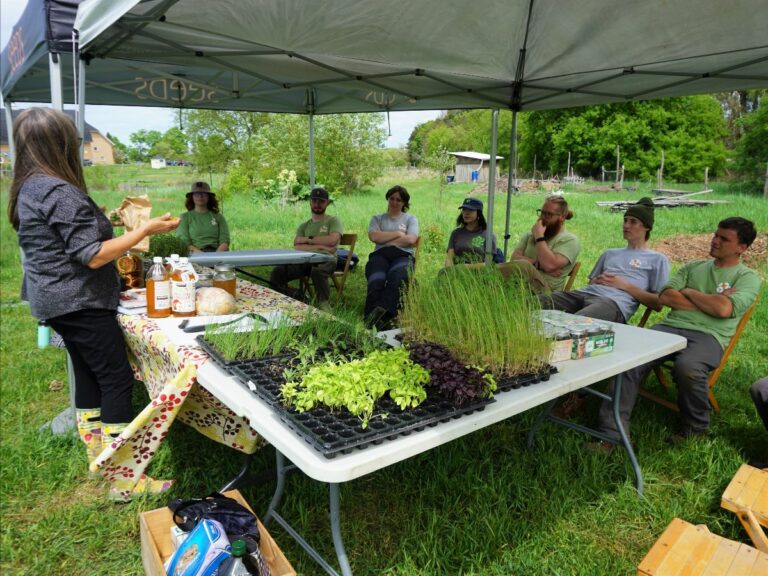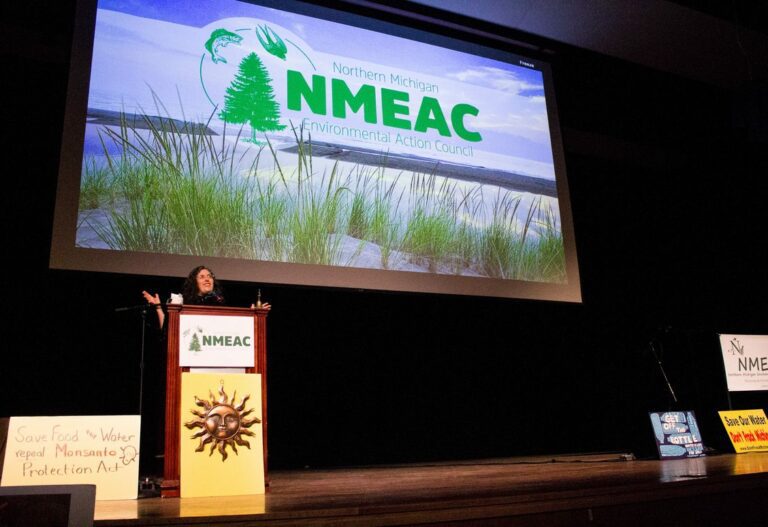By Sophia Usow and Chris Cuevos

Thanks to a Workplace Safety Grant from the Michigan Office of Labor and Economic Opportunity, the SEEDS Ecology and Education Centers has made some important indoor air quality (IAQ) safety upgrades to its shared facility at Historic Barns Park.
“Safe working environments, including healthy air quality, are of utmost importance to us. Everyone deserves clean air, and yet there are nearly no regulations on indoor air quality. It is up to individuals to self-monitor their environments and advocate for their own health and safety. For SEEDS, that means helping inform and empower others to do the same.” – Sarna Salzman, SEEDS Executive Director
“Workshop 223,” the former blacksmith shop, is used as a training and storage facility for SEEDS and its EcoCorps program, a “green” career exploration and talent development program. Parts of this building are also shared with other partners at Historic Barns Park.
SEEDS, in cooperation with the TC Community Gardens, was already planning to install plumbing and a bathroom Workshop 223 when the pandemic hit. This COVID-19 response grant allowed SEEDS to install an additional layer of IAQ assurance: ‘Biopolar Ionization.’ Bipolar Ionization helps remove airborne particles – from infectious viruses to pollen, dander, and other irritants. These systems have increased in popularity during the pandemic and create healthier indoor air regardless of viral loads. As a bonus, when ions cluster around viruses like SARS-CoV-2, they also destroy the viral envelope by robbing them of the hydrogen they need to live.

“We were already excited to have EcoCorps members help with the renovations. I’m pleased we can add another layer of health and safety measures for our staff, and introducing our crews to this technology and the opportunity to learn more about indoor air quality is a real bonus!” – Jennifer Flynn, SEEDS EcoCorps Program Director
SEEDS will be installing informational signage and monitors to let building users know about the air quality measures in place. Sarna expects that building upgrades such as these will be more commonplace, as it appears that the COVID-19 virus and its variants will be with us for some time. She adds, “What’s great is that the same upgrades that reduce the dangers of this airborne pandemic also improve indoor air quality for all more generally, including post-pandemic.”
This facility improvement, as well as future upgrades to come, have been generously supported by the Grand Traverse Band of Chippewa Indians, the Oleson Foundation, the Biederman Foundation, and the Brookby Foundation. The Historic Barns Park location allows SEEDS to offer an expanding variety of ecologically inspired learning and training opportunities to our region and our youth.




